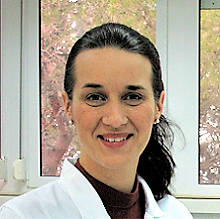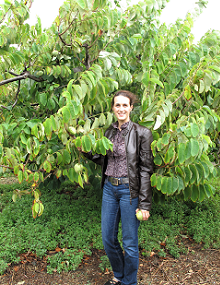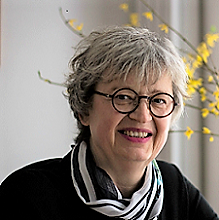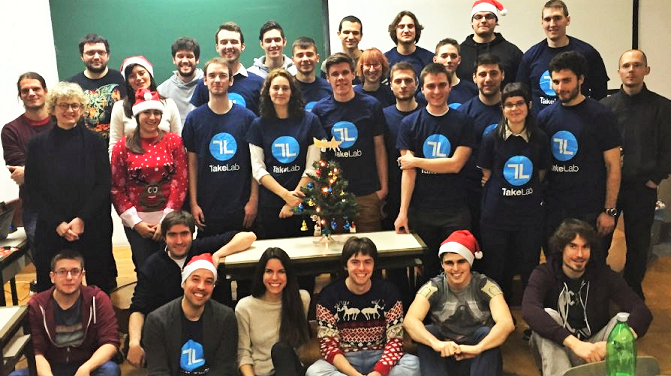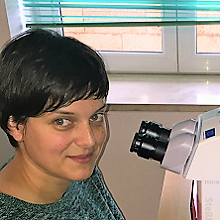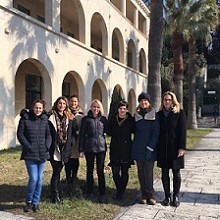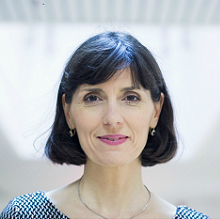Today, on International Women’s Day, we would like to introduce you to four Croatian women. These women are inspiring, because they spend their days pushing the boundaries of knowledge in artificial intelligence, IT, reproductive biology, ecology, biochemistry and enzymology. They are female researchers working in the male-dominated fields of science, technology, engineering and math (STEM) - fields where women account for only 28% of the world’s researchers.
While some of these scientists are already recognized beyond Croatian borders, others are just starting out their careers. What they also have in common is that their research is being financed through World Bank loans that support the Unity through Knowledge Fund (UKF). This fund finances collaborative projects for Croatian scientists, and scientists of Croatian origin, who are working for international research institutions, focusing on the career development of young scientists and researchers.
The UKF provides an excellent example of how employing an unbiased, transparent, and competitive selection process can allow women researchers to excel. Of the 130 grants, awarded, 64 were given to women applicants.
-------------------------------------------------------------
Gabriela’s love for science started at a young age. She was a curious girl, spending hours exploring the outdoors and the shores of the Adriatic to see what wonders she could find. She loved asking questions about the world around her. For her, science is about working hard and playing around with the most interesting “toys” in order to answer those questions. The Mediterranean landscape played a decisive role in her career path. Olives have become her scientific choice; olive orchards her lab.
-------------------------------------------------------------
Bojana, who works at the Faculty of Electrical Engineering and Computing, is leading the UKF financed project “Event Retrieval Based on Semantically Enriched Structures for Interactive User Tasks (EVERBEST),” together with another female researcher - Prof. Nataša Milić-Frayling from the University of Nottingham.
-------------------------------------------------------------
The Pacific oyster - C. gigas - entered the Mediterranean sea in the 1960’s as a response to a decrease in the production of the native Ostrea edulis, caused by parasitic diseases. The non-native, invasive C. gigas started reproducing and spreading outside aquaculture sites, endangering the native O. edulis. The research of these seven young women is the first step towards the establishment of management strategies for C. gigas in the Adriatic Sea and will help estimate the economic impact of the invasive oyster on fisheries and aquaculture.
-------------------------------------------------------------
Currently, Ita is leading a project concentrated on how the cellular error-correction mechanisms evolved to ensure accurate protein synthesis (translation). She works on enzymes aminoacyl-tRNA synthetases (aaRSs), that attach amino acids to their cognate tRNAs. This is a crucial step in recruiting amino acids for building proteins.
She explains that errors in protein synthesis are toxic to bacteria and are related to neurodegeneration in mammals. Understanding how cells control the fidelity of this process and prevent translational errors, as Ita attempts to do through her research, is therefore highly relevant. Ita’s work provides clues on how to create antibiotics that will compromise the fidelity of protein synthesis and kill bacteria.
Ita’s research was published in seven papers in respectable journals. For her achievements in strengthening the understanding of aaRS error-correction mechanisms, she received the National Annual Science Award of the Republic of Croatia for 2014 in the Field of Natural Sciences (Chemistry). Ita’s scientific knowledge and enthusiasm are shared with many students while she teaches biochemistry and enzymology courses for students of both chemistry and molecular biology.
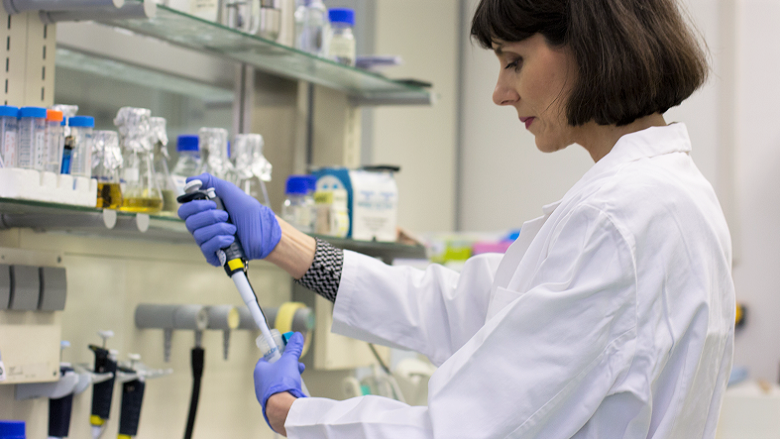
-------------------------------------------------------------
In summary, the experiences of these inspirational women show that the STEM fields, which, globally, are still mostly dominated by men, are now increasingly becoming a place for women as well. Statistics corroborate these improvements, as Eurostat data shows that Croatia’s distribution of engineers and scientists by gender was almost 50 percent each in 2016, while the EU average is 40 percent female.
Nonetheless, much remains to be done with regard to gender balance in science. There are still great barriers that discourage women from entering these professions and obstacles continue to block progress for those already in the field. Women have to work harder to get recognition. Hopefully, by talking and spotlighting accomplished women in STEM fields, more young women will be inspired to take on this challenge and become scientists who may change the world through their research and discoveries.



